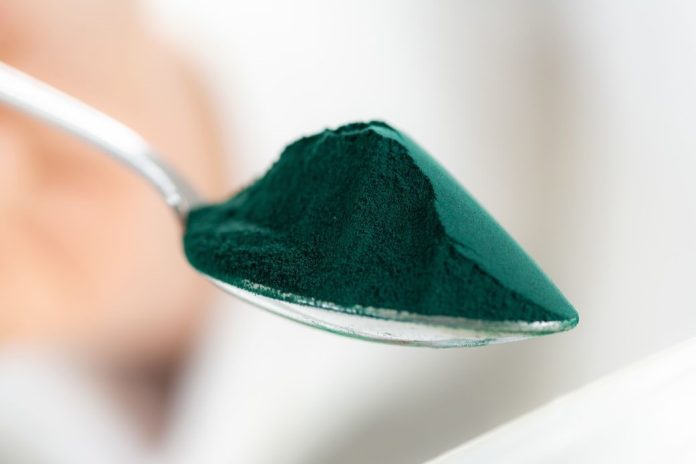Researchers Find That a Common Nutrient in Food Is Linked to Depression
Proline, an amino acid abundant in many foods, has been linked to depression through its interaction with gut bacteria and brain chemistry.
The findings reveal that controlling proline levels or its transport to the brain could help prevent or treat depression.
A Surprising Link Between Proline and Depression
Researchers at the Girona Biomedical Research Institute (IDIBGI) and Pompeu Fabra University (UPF) in Barcelona, Spain, have identified a surprising connection between an amino acid and depression in humans, mice, and fruit flies. The compound, called proline, is found in many common foods, including gelatin, grass-fed beef, and wild-caught fish. Their research, published in Cell Metabolism, suggests that diets rich in proline may raise the likelihood of developing depressive symptoms.
Dr. José Manuel Fernández-Real and Dr. Jordi Mayneris-Perxachs from the IDIBGI and CIBEROBN research groups on Nutrition, Eumetabolism, and Health led the investigation, along with Dr. Rafael Maldonado of UPF’s Neuropharmacology-Neurophar research group, which is linked to the Hospital de la Mar Medical Research Institute (IMIM).











